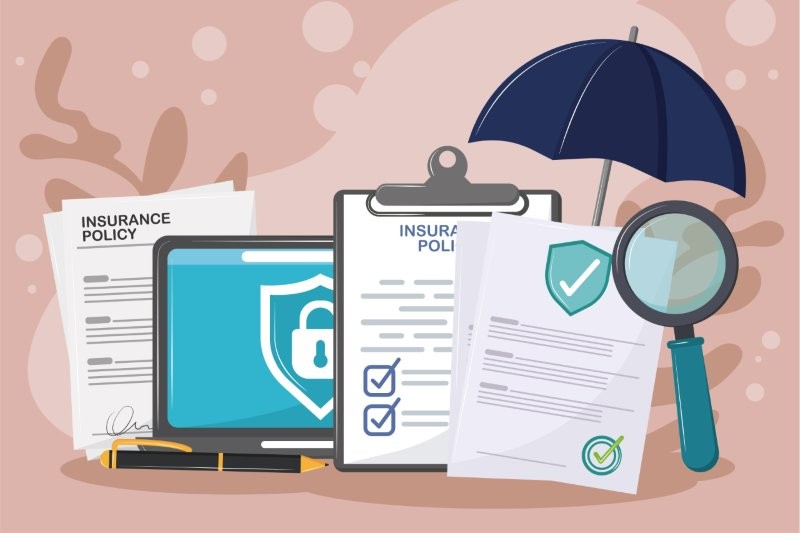Justifying your pricing
The cost-of-living increase has made us all more conscious of getting a good deal. That can lead to many small businesses finding themselves having to justify their prices and coming under pressure to offer a discount. A sale can be a great way to promote your business, but reducing your prices too much or for too long can be a big mistake. You can avoid having to discount your prices by reminding customers that a good deal is about more than just the lowest price – it’s about the quality of the products and services you’re providing. Here are some other tips to help you justify your prices.
Review your pricing strategy
It’s much easier to defend your prices if you’re confident in your pricing strategy. Doing your due diligence means being clear about how much profit you want to make, knowing your costs and how much a potential customer will be prepared to pay for eye health checks, superior advice on lenses and frames, fittings and post-sale services. Just like your customers, you are facing rising costs, so you need to be clear about how much discounting you can afford and are willing to offer, and when. ANZ’s online Business Hub has more information about how to set a proper pricing strategy. This includes working out how much you need to break even, the different pricing strategies you can choose from and how to decide when it might be time to increase your prices.
To match or beat the competition’s prices, pricing low can work, for example, if you’re aiming to get new customers. But be careful about competing solely on price, especially if your competitors are larger businesses with deep pockets. You also don’t want customers thinking that because you’re cheaper, your products or services are lower quality than the competition’s.
Highlight your added value
Talk to your customers about the key benefits of your products and services and why they should choose you. For example, for customers who are price shoppers, you could remind them about frame and lens quality and the different coatings. It’s also worth mentioning the guarantees and warranties, faster product delivery times and the follow-up care you provide. By coming up with a package of advantages that distinguish your service from the competition (and training staff to use it), you can help ensure that price is not an issue.
Looking at the added value you offer from another angle, customers will have concerns other than price. If you can find their pain points – and ease them – they may be willing to pay more. For example, many customers will value your opinion when it comes to choosing a pair of frames that look good on them. Being able to offer advice they can trust is important. If in six months’ time they can look back and be sure you helped select the right frames, they are more likely to return. Many customers will also appreciate practices which don’t use pushy sales tactics. Explaining the fine print for customers who find it stressful can also help build trust.
Differentiate yourself from online competitors
It’s increasingly common for people to check out prices online, then ask the bricks-and-mortar retailer to price match. There are a couple of ways to tackle this. Firstly, shift the focus from price to the advantages of buying from you. For example, tell them about positive feedback you’ve received from other customers and remind them why a premium product is worth the extra cost.
You can also point out the disadvantages of not buying from you, such as not being able to try on multiple pairs of glasses or take home a pair of glasses to get a second opinion from friends and family. You might also have a loyalty programme that rewards customers with discounts, free samples, or access to special events.
Whether you offer a discount or not will depend on factors such as how important the customer is to you and the likelihood of repeat business from them. But before you decide to offer a discount, remember that your customers might be reassured that you are the right business to deal with by not budging on price. If you can’t reassure prospective customers, don’t automatically offer a discount and remember that those who are focused on price may not stay loyal if a competitor undercuts you.
If a customer challenges you on your price, don’t take it personally; it’s human nature to look for the best deal. Explaining why your products and service are worth the price in a professional and friendly way will go a long way towards winning them over.

Lorraine Mapu is the managing director of business at ANZ, New Zealand. She’s responsible for ANZ’s business customers across New Zealand, supporting customers in every community and sector, through the spectrum of privately-owned businesses. Talk to ANZ if you need financial advice about a product or service.
See our financial advice provider disclosure at anz.co.nz/fapdisclosure. This article is provided by ANZ Bank New Zealand Limited (ANZ) for information purposes only, is subject to change, and isn’t a substitute for commercial judgement or professional advice, which you should seek before relying on it. ANZ cannot warrant the accuracy, completeness, or suitability of this article for your intended use. To the extent the law allows, ANZ doesn’t accept any responsibility or liability for any direct or indirect loss or damage arising from any act or omissions by any person relying on this material.
























